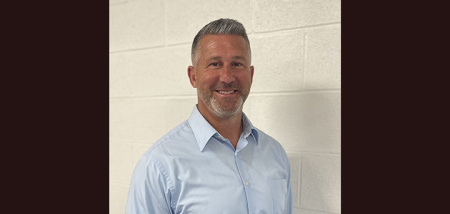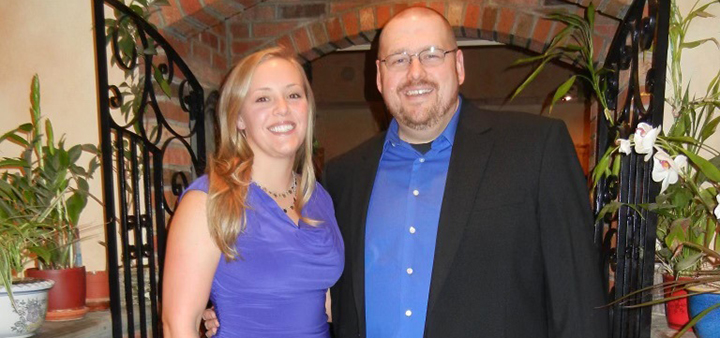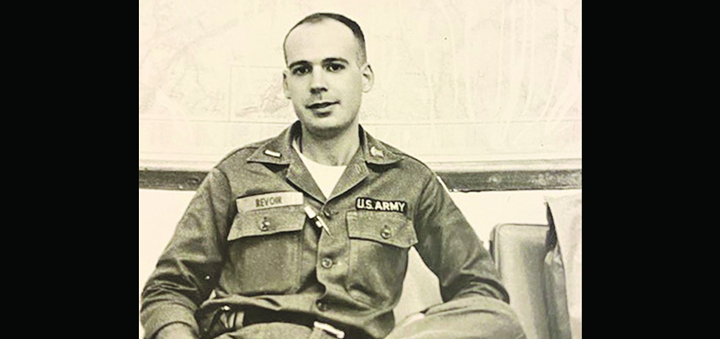A Different Debate
Published:
October 9th, 2015
By:
Ashley Babbitt
By Donna Brazile, NEA Columnist
While much of the summer's media coverage was consumed with the rise, and rise, and slippage of Donald Trump and other Republican outsiders, Democrats have been listening to and expecting a different conversation about the nation's future.
The Republican debates have offered entertainment approaching a circus, with Trump as the ringmaster. The debates have been narrowly focused, producing more personal snark than enlightening clash of ideas. There's been a lot of grandstanding, a lot of outlandish, grandiose claims, a lot of pandering, and a lot of vague promises and tired talking points.
We expect something different from the Democratic debate, which is taking place next Tuesday in Las Vegas. And what happens in Vegas will not stay in Vegas -- especially when you have some of the nation's premier political heavyweights preparing to spar over big issues like income stagnation, income inequality, education opportunities, historic global trade pacts, and national defense challenges in a world increasingly locked in irresolvable conflicts.
CNN, along with Facebook, will host the Las Vegas Democratic Debate with its star anchor, Anderson Cooper, moderating. The format includes five candidates: Hillary Clinton, Bernie Sanders, Martin O'Malley, Jim Webb and Lincoln Chafee. Here's a brief rundown on each:
Hillary Clinton remains the frontrunner and heavy favorite. She's a centrist with strong support from the progressive caucus. It was Bill Clinton's "New Democrats" movement that returned the Democratic Party to the center after a decade-long liberal tilt. Hillary is left-of-center on economic issues and right-of-center on foreign policy. She's accused of being a latecomer, for instance, on the President's history-making Trans-Pacific Partnership trade pact, which she now opposes.
One of Clinton's applause-getting lines is, "I'm not running for my husband's third term or President Obama's third term. I'm running for my first term." Clinton sets herself apart from Obama on at least four issues: Deporting immigrants, arming Syrian rebels earlier and opposing both Medicaid expansion's "Cadillac tax" and the development of the Keystone Pipeline.
She's a formidable frontrunner, having scooped up endorsements from educators, unions and many of the party's leaders.
Vermont's Sen. Bernie Sanders is an independent who refers to himself as a "Democratic Socialist." Lest this be misunderstood, let me quote from the American Conservative headline: "Democrats Are Not Socialists, and Neither Is Bernie Sanders."
Socialists seek government ownership of a nation's major industries. American Democratic-Socialists, however, advocate that the nation's "market economy adequately provides for (the) basic needs for everybody." ("No Really -- What's the Difference Between A Democrat and a Socialist," Bloomberg.com, July 31, 2015). He caucuses with Senate Democrats.
Sanders tapped into a groundswell of discontent over the economic stagnation of most Americans while the super rich cornered nearly all the nation's newly produced wealth. My favorite Sanders line: "Can Bernie Sanders win? Well, we know that CNN is an infallible organization, don't we? So they have told us that yes, I can win." With large, enthusiastic crowds, Sanders has built an impressive national movement in less than four months. This is his moment to explain why the country is in dire need of a political revolution.
Virginia's Jim Webb has an impressive resume: He served as secretary of the Navy during the Reagan administration, is a Vietnam combat veteran, has authored 10 books and served as Governor and Senator. The centerpiece of his campaign is economic inequality. Webb is running as a populist -- championing the interests of ordinary citizens.
Webb is decidedly conservative on gun control and the environment. He's passionate on rebalancing the economy to provide greater opportunities for the working and middle classes. A key line in Webb's campaign is: "More than anything else, Americans want their leaders to preserve (the American) dream, for all of us and not for just a few."
Martin O'Malley left office early this year as Maryland's Governor after serving two terms. He became a Baltimore councilman at age 28 and the city's mayor 10 years later before stepping into the governor's office in 2007.
O'Malley has generated the only sustained intraparty heat the Democrats have seen. He's criticized the Democratic leadership for limiting the debates to four, calling it a "rigged process," and has taken swipes at Clinton. O'Malley was an early opponent of the Keystone Pipeline, wants strong climate control and supports the Iran nuclear treaty, the trade agreement and immigration reform.
O'Malley contrasts himself with his opponents by citing his achievements as governor, pointedly saying, "there is a big difference between the saying and the doing."
Lincoln Chafee is a political refugee from a Republican Party that has become increasingly intolerant, in Chafee's words, "of traditional conservatives." He was appointed to fill his father's Senate seat from Rhode Island.
He later ran for governor as an independent, and then became a Democrat before his re-election. These are not the actions of an opportunist, but of a calculated risk-taker, requiring political courage.
Chafee emphasizes foreign policy, saying in his campaign announcement, "I am also running for president because we need to be very smart in these volatile times overseas."
The latest polls show Clinton with double-digit leads over her opponents, the closest being Bernie Sanders and Joe Biden, who has yet to declare. Webb has 2 percent, while Chafee and O'Malley are both polling at 1 percent.
Each of the Democratic candidates comes from a different place on the political spectrum, and each has, for the most part, refrained from personal attacks. This means the debate promises to be the kind of substantive clash of ideas the country is eager for. Stay tuned.
Author: Ashley Babbitt - More From This Author
Comments







